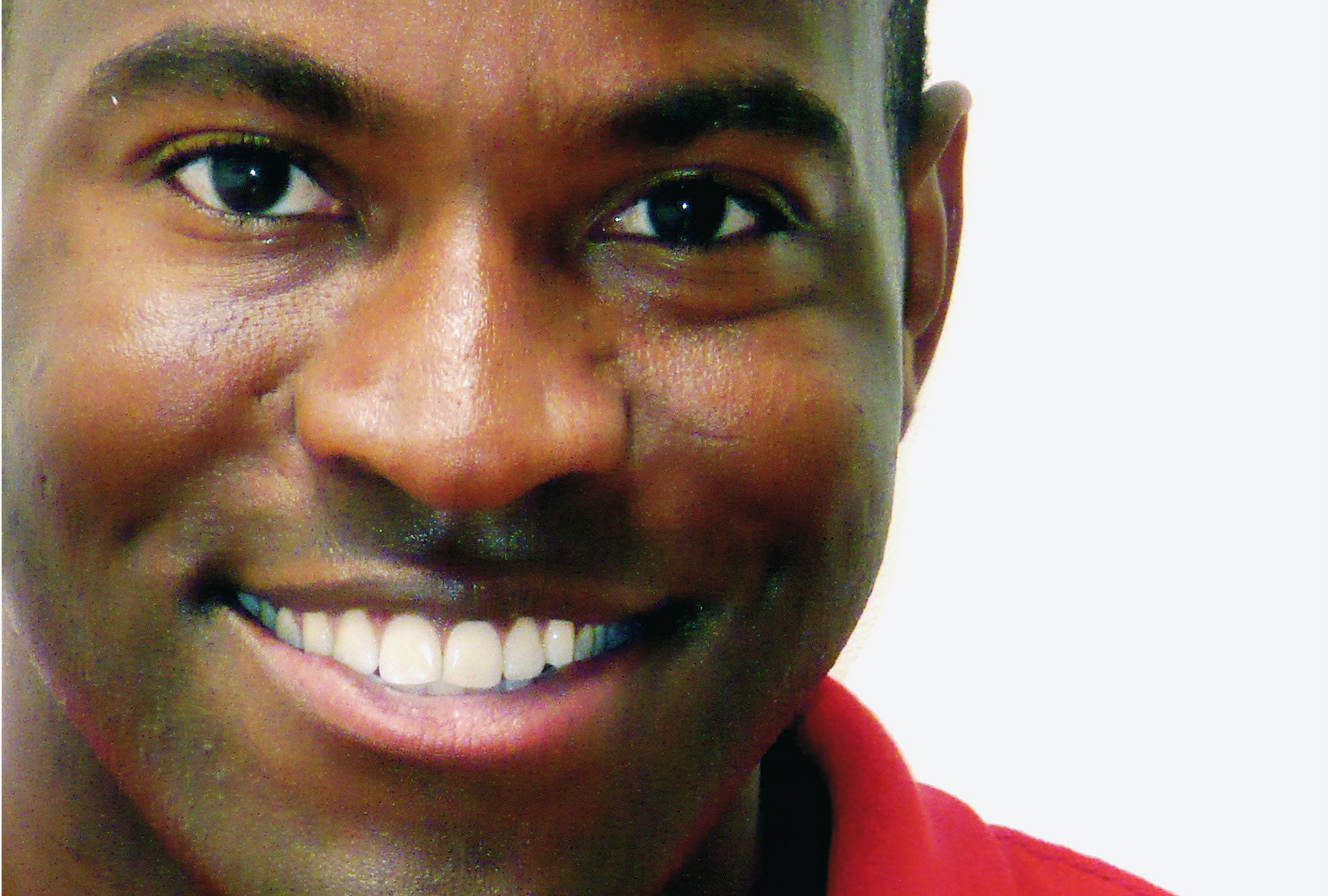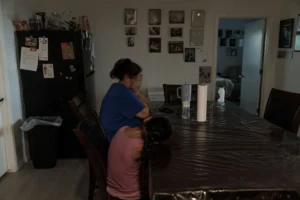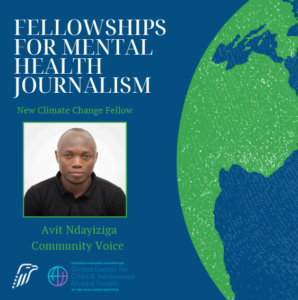
Fellow Bakari Savage on reporting on mental health during a global pandemic
Bakari Savage, former correspondent for the top-rated morning show in Birmingham, Alabama, at WBRC Fox 6 News, “On Your Side”, and a 2020-2021 Rosalynn Carter Fellow for Mental Health Journalism, shares his fellowship experience and what he’s learned along the way. The deadline to apply for the 2021-2022’s fellowships application is April 7, 2021.
By Jimmy Enobabor
Carter Center Mental Health Program Intern
Why did you apply for the fellowship?
The Carter Center was never really on my radar, until my mentor, Chandra Thomas, a previous Carter Fellow, pushed me to apply for it. And I did. This was my first time ever applying for fellowships.
First, the idea was presented to me to apply, [then] I had a lunch with one of my former advisors, her husband and her daughter. Her daughter, who is a sophomore in college, was very open about her journey with mental health, and that was sort of the impetus of my project.
What has the last year been like reporting for your job, pursuing your fellowship project and juggling your personal life during the pandemic?

Last year, I turned 40 in March. June 19 — a Friday — was my last day on-air for Fox 6. June 22 — the following Monday — I was on a 6 a.m. flight to Toronto, and my now wife and I moved into our new place the next day.
In July, after finishing a run, I found out that I was accepted to be a Rosalynn Carter Journalism Fellow and I just screamed “YEAH!” in the middle of nowhere, which probably wasn’t the smartest thing to do, because there were bears and other animals, so you don’t want to be too loud!
So, I found out about the fellowship in July, Jamie and I got married in the beginning of August, and by the end of August, I got a contract as an anchor/reporter for a station here in Toronto. After I found a platform, I launched the fellowship in December. I say all that to say that, 40 was the biggest year of my life.
What’s been your biggest lesson over the past year regarding how you now approach mental health reporting?
I say this with a caveat of there are a lot of lessons, but the biggest is probably that the more you educate yourself about mental health, and expose yourself to different stories, the more you learn how to report it with empathy, and you’re inclined to make others see it that same way.
Because you are reporting it with empathy, you are more conscious of the verbiage, the language, that you use when not only talking about mental health in everyday conversations, but also what you relay to an audience, whether that is in print or video.
What do you wish you’d known when you were applying for the fellowship?
From a logistical standpoint, I wish I had known there was a greater possibility of my project being chosen.
For anyone applying for this, or any fellowship, you should approach [applying for fellowships] with the mindset that your project could be chosen. If you do that, I think that you will be better prepared to hit the ground running.
What advice do you have for journalists applying for a fellowship?
Just like everything else, do your research.
I remember preparing myself for the final interview. I had done my research on [The Carter Center] and why it was there. Part of that included learning about [Carter Center CEO] Paige Alexander… Things like that, you should familiarize yourself with, for any organization.
Why do people who are leaders do what they do? Why are they attracted to your organization? If you cannot pinpoint that, then ask. Find out. If you can pinpoint it, once you do, see if that is visible in different levels with different people within your organization. That is something that was apparent to me when talking to [program staff].



